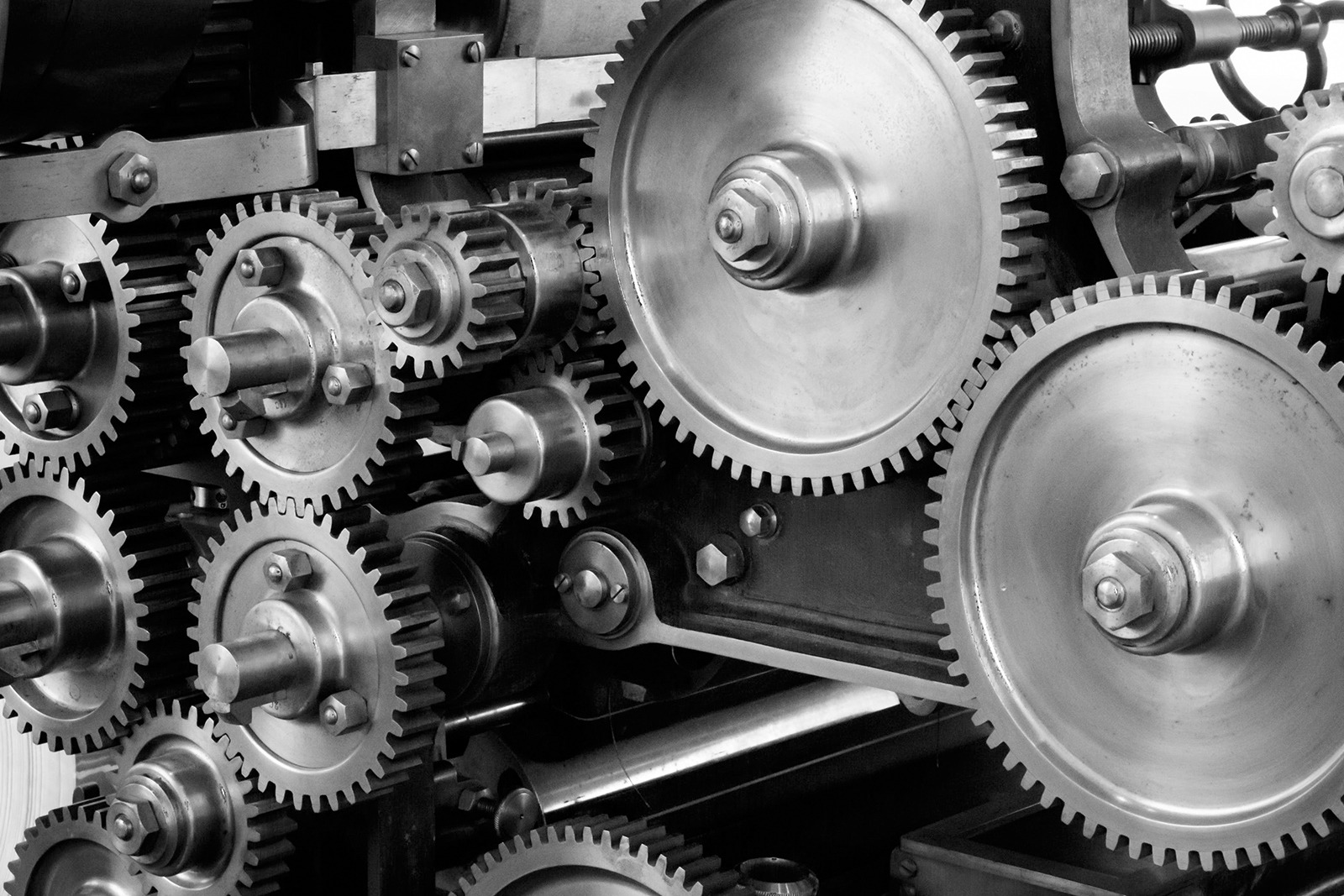The construction of automobiles, skyscrapers, food storage cans, cookware, plumbing pipes, and bicycles have one element in common – metal. With this product medals can be made, swords forged and yet something as simple as a zipper can be fashioned. Every day we use products that are made from or include metal. We can take it for granted, yet there are some who view metal as something very noteworthy. They obsess about the presence of metal and may ultimately come to fear it. This fear is known as Metallophobia.
Handcuffs, prison bars, the sharp edge of a sword, the heated rim of a pan, or the weight of a steel beam. Each metal object can elicit a sense of anxiety. However most of those fears are really signs of something deeper. The fear of being bound, sharp objects or being confined are all possibilities.
What Causes Metallophobia?
If you remember the events of September 11, 2001 then you recall two of the world’s largest structures collapsing in a macabre dance of twisted metal and flames. You will recall the metal covered planes slamming into the towers or the Pennsylvania countryside. These or similar events can very easily contribute to the fear of metal. This is true whether you were on site or not. The constant visual review of horrific events plays a role in the development of fear. In this case the fear can be assigned to metal.
You may have experienced a personal incident involving metal that extended fear to your thinking. It may be something as simple as stepping on a metal rake or shovel edge. Those sometimes small incidents can also become a point of personal obsession.
Modeled behavior in a parent or loved one can also contribute to this fear. When this individual expressed a fear of metal it became easy to believe that the fear is justified and reasonable. Fear is often the byproduct of either a misunderstanding or a lack of actual information.
Symptoms of Metallophobia
While an individual may not be able to live in a world without metal an individual with this fear may be inclined to be very careful about the metal they encounter. For instance they might be OK with metal components in a toaster, but will want a plastic exterior. They will avoid going to areas where metal will be present that they do fear.
Other symptoms may also include…
- Air hunger
- Trembling
- Sweating
- Nausea
- Dizziness
- Control loss
- Panic attack
- Crying
- Social anxiety
How to Overcome Metallophobia
Certainly understanding the benefits of metal and the safety of metal when used correctly can help, but it may not be enough.
Visiting with a therapist can provide the help you need to understand why you fear metal. You may need to learn how to manage the fear response and a therapist can be a great resource in learning how to adjust your thinking to adapt to a more measured reaction. This is important because when the fear is left unchecked there can be an acceleration of emotional response allowing the fear to seem even larger.
The fear of metal is also referred to as:
- Metal phobia
- Metal fear
- Metallophobia





















